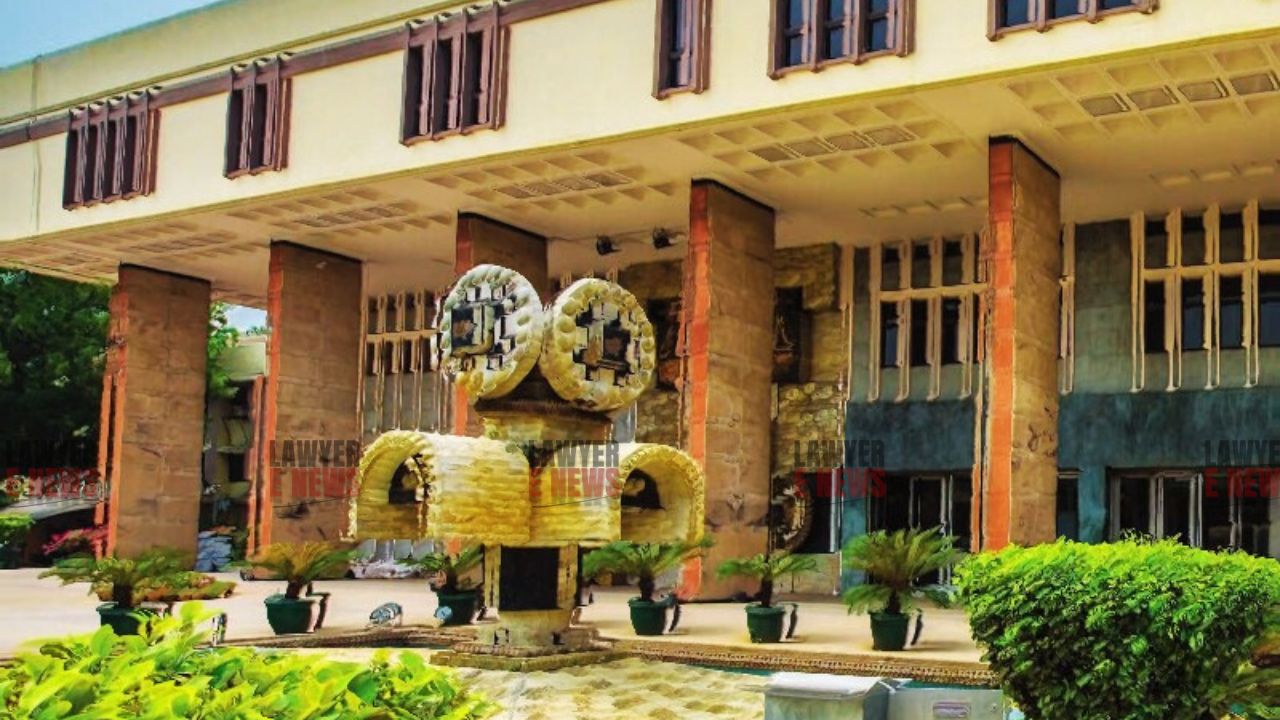-
by Admin
15 February 2026 5:35 AM



High Court denies stay on PMLA trial, affirming the trial court’s decision to continue proceedings against Major General Anand Kumar Kapur. The Delhi High Court has dismissed applications seeking to stay proceedings under the Prevention of Money Laundering Act (PMLA) against Major General Anand Kumar Kapur, who was convicted under the Prevention of Corruption Act (PC Act) for possessing disproportionate assets. Justice Swarana Kanta Sharma upheld the decision to continue the PMLA proceedings, emphasizing the independent nature of money laundering offences and the importance of the trial's completion.
The case began with an FIR registered by the Central Bureau of Investigation (CBI) in 2007, alleging that Major General Anand Kumar Kapur had amassed assets disproportionate to his known sources of income during his service in the Indian Army. The trial court convicted Kapur in 2016, and the Directorate of Enforcement subsequently initiated proceedings under the PMLA, alleging money laundering based on the proceeds of the corrupt activities. Kapur appealed his conviction and simultaneously sought to stay the PMLA proceedings, arguing that the conviction for the predicate offence was still under appeal.
The court rejected Kapur's argument that PMLA proceedings should be stayed due to his pending appeal against the PC Act conviction. Justice Sharma noted, "As on date, the petitioner stands convicted by the learned Trial Court for the predicate offence. His conviction has not been stayed and thus, the commission of predicate offence stands established."
Addressing the argument that there were no identifiable proceeds of crime, the court emphasized that this determination would be made during the trial. "Whether there are any proceeds of crime or not is a matter of trial," Justice Sharma stated. The court also highlighted the findings of the Special Court, which noted that the petitioner had purchased properties worth Rs. 3,37,02,592/- using proceeds of crime.
Kapur's contention that the PMLA was being applied retrospectively was also dismissed. The court cited the Supreme Court's ruling in Vijay Madanlal Choudhary v. Union of India, which clarified that money laundering is a continuing offence. "The offence of money laundering can be a continuing offence, irrespective of the date and time of commission of the scheduled offence," Justice Sharma explained.
The court rejected the argument that simultaneous prosecution under the PC Act and PMLA amounted to double jeopardy. The court referenced the Supreme Court's observations, stating, "The offence of money laundering is an independent offence regarding the process or activity connected with the proceeds of crime derived from criminal activity relating to a scheduled offence."
The judgment extensively discussed the principles of evaluating evidence and the applicability of laws in cases involving money laundering and corruption. It reiterated that the existence of a predicate offence and proceeds of crime are crucial for prosecuting under the PMLA but must be established through the trial process.Justice Sharma remarked, "The argument that PMLA proceedings are invalid due to the predicate offence occurring before certain provisions were included in the schedule is untenable." The court also emphasized the Supreme Court's stance that "money laundering can be a continuing offence."
The Delhi High Court's dismissal of the applications underscores the judiciary's commitment to ensuring comprehensive trials in cases involving financial crimes and corruption. By allowing the PMLA proceedings to continue, the judgment reinforces the legal framework for addressing money laundering and the handling of proceeds from criminal activities. This decision is expected to impact future cases, emphasizing the importance of thorough investigation and trial in financial crime cases.
Date of Decision: July 1, 2024
